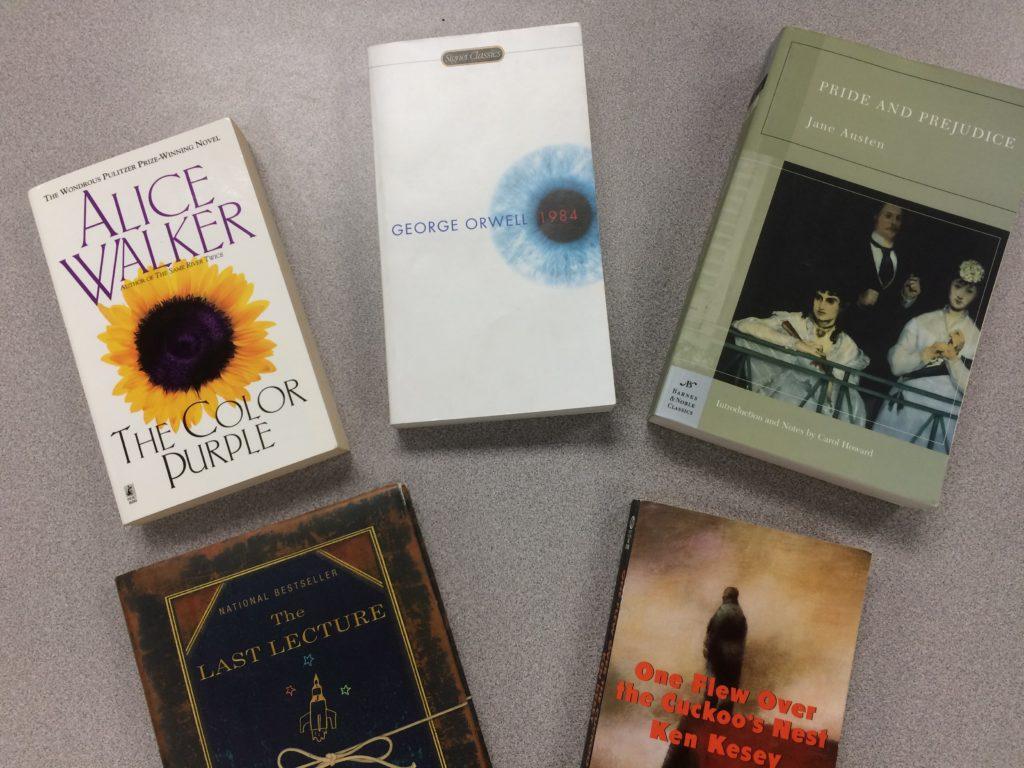BY HANNAH DEAR (‘17)
NEWS EDITOR
Summer reading is a tradition for every district student starting in seventh grade. This reading is meant to keep students engaged in school despite the summer break. However, many students dread this mandatory reading. They find this tedious and pointless. Some students never even make an effort in their summer reading. Nevertheless, this time spent reading during the summer is incredibly important in a student’s education.
Students are required to read at least two books from a list every summer. If the student is in an AP English class they may have to read as many as four or five books. Considering that there are nearly three months of break during the summer, reading a couple of books for school is not too much to ask.
These summer reading books are carefully selected to enrich a student’s learning experience during the summer and the following school year. Teachers are able to incorporate the books in the classroom without taking up time during the school year to read. English 11 teacher Keith Mullins often requires students to use their summer reading books in the first essays they write while also testing AP students on their grammar knowledge after reading “Elements of Style.” If students do the summer reading they will start their school year off ahead of the game.
The research papers students write during their junior and senior years are based on reading that they do outside of the classroom. Summer reading gives students the opportunity to get a head start on that banned book required for English 11. If a student is intimidated by the list of AP books used for the AP English 12 research paper, they can opt to read it during the summer or use one of the books on the summer reading list for their AP book of choice. This bit of supplementary reading is what gives students an edge when it comes to prior knowledge in class.
Students will relapse in terms of their education over the summer. Typically, if a student learns a subject one year they will have to extensively review before moving on the next year. Summer reading helps keep minds sharp in all areas of school. Reading encourages critical thinking and broadens the mind. By continuing to read during summer break, students will lose less of their prior knowledge and be ready to start the school year.
Reading outside of the classroom does more than keep the mind sharp. It gives students a new and fun way to learn on their own. Different topics become immediately more interesting when one can choose books on their own and study on their own time. Summer reading gets students in the habit of reading outside of school so that they will continue to do so as they graduate. The point of school is not to pass basic graduation requirements. The point of school is to instill in every student a love of learning.
Reading is the unique way in which students can explore their own interests. Summer reading may seem tedious at first, but it creates an atmosphere of lifelong learning that is invaluable.















































